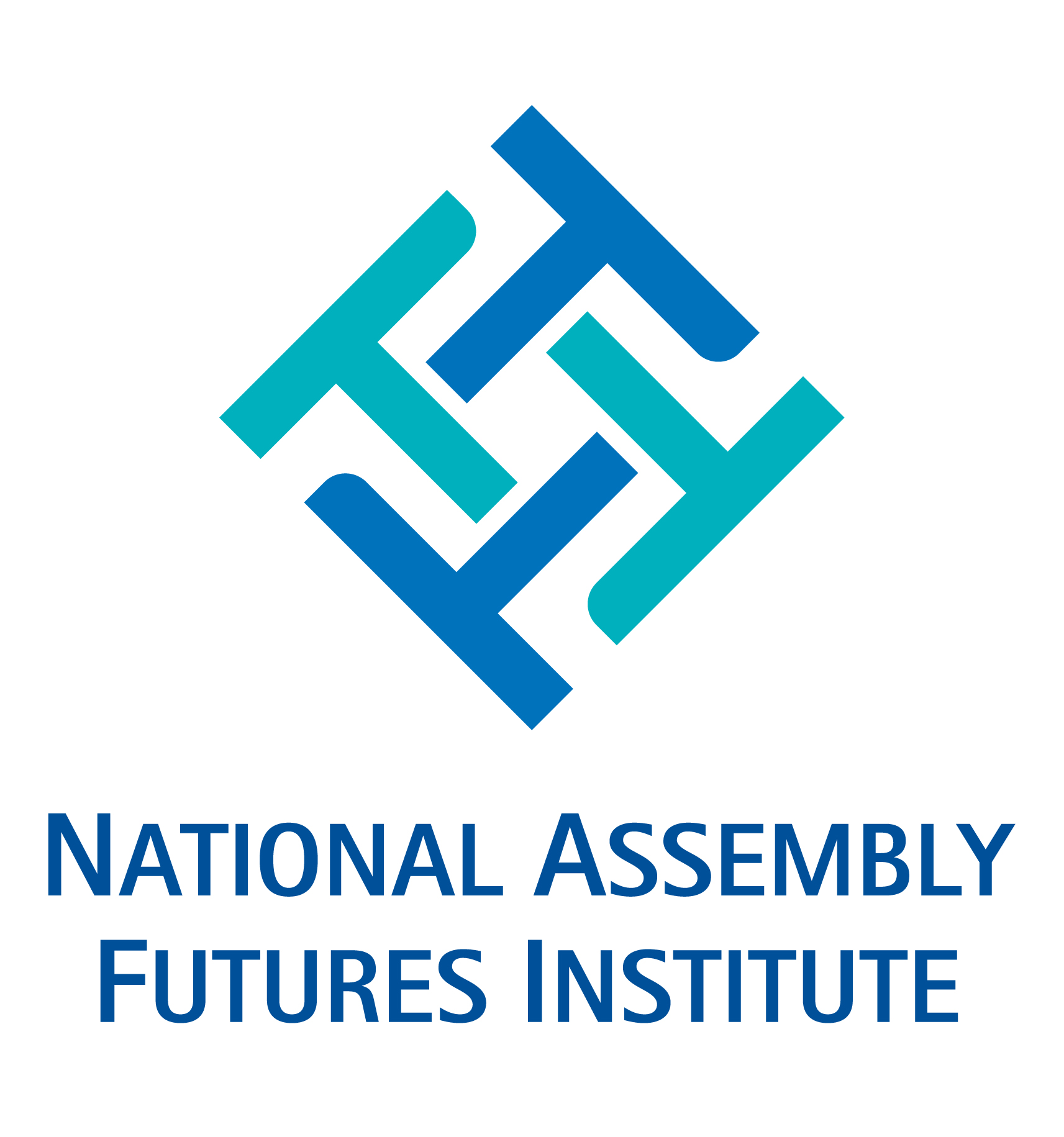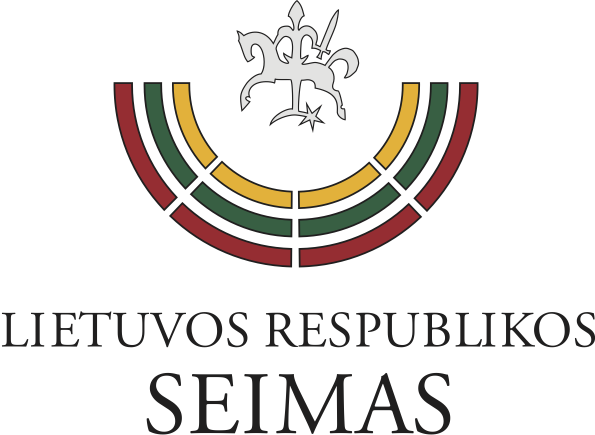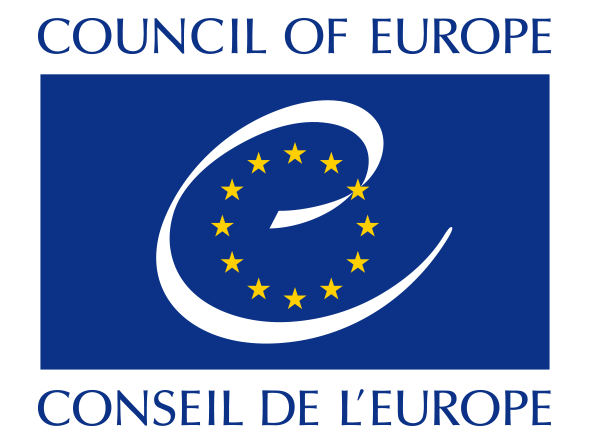Associates
Oficina Científica de Asesoramiento Legislativo (OCAL)
More info follows soon.
Argentina is an associate member since October 2022.
AddressCallao Nº 86 Piso 5, Oficina 505/6 - Anexo H Tel: (+54 11) 6075 - 7100 interno 5035-5240 |
ContactDirector: Dr. Claudio Fernández Outón |
Links |

National Assembly Futures Institute (NAFI)
The National Assembly Futures Institute (NAFI) is a research institute under the direct supervision of the Speaker of the National Assembly of the Republic of Korea (South). NAFI was established with the aim of reinforcing the policy capabilities of the National Assembly. Throughout predicting and analysing changes in the future environment, NAFI derives mid- to long-term national development strategies for national development. The research field of NAFI covers analysing emerging technological issues, monitoring governmental technology assessments, foreseeing sociotechnical changes, and so on.
The NAFI is an associate member since October 2019.
AddressNational Assembly Futures Institute (NAFI) Tel: +82-2-2224-9819 |
ContactByoung Soo KIM (Principal Administrator) |
Links |
Committee for the Future of the Seimas
The Seimas of the Republic of Lithuania is the unicameral parliament of Lithuania. The Seimas constitutes the legislative branch of government in Lithuania, enacting laws and amendments to the Constitution, passing the budget, confirming the Prime Minister and the Government, and controlling their activities. The Parliament of the Republic of Lithuania financed from the state budget.
December 2020 the Seimas of the Republic of Lithuania established a Committee for the Future. Professor Raimundas Lopata, a representative of the Liberals Movement Political Group, became a Chairman of Committee for the Future. Lukas Savickas, a representative of the Political Group of Democrats ‘For Lithuania’ and Matas Maldeikis, member of the Homeland Union – Lithuanian Christian Democrats, became his deputies.
The plan of establishing the Committee for the Future is to form a political/strategic culture of thinking about the future in Lithuania. To enshrine strategic forecasting in Lithuanian policy-making, on which policy areas and key initiatives in all ways would be based, including the inclusion of strategic foresight in the political decision-making process.
Article 58 of the Statute of the Seimas provides for eight directions of activity Committee for the Future. They aim to coordinate the process of preparing Lithuania's long-term vision, to control the implementation of long-term progress strategies. According to the competence of the Seimas to examine the most crucial issues of the ideas of state progress and to submit to the Seimas conclusions and proposals regarding the development processes, priorities, and values of the state.
The Committee for the Future of the Lithuanian Parliament has been an associate member of EPTA since 2021.
AddressCommittee for the Future |
ContactChairperson: Mr Prof. Raimundas LOPATA This email address is being protected from spambots. You need JavaScript enabled to view it. |
Links |
SPIRAL research centre - Université de Liège
Since its creation in 1995 at the University of Liege, SPIRAL developed unique expertise in Belgium. The overall integrated research approach relies on many disciplines and competencies, but focuses more specifically on interactions between (1) science, technology and society (STS) and Technology Assessment (TA), (2) risk and public policies analysis and evaluation (3) participatory methodologies (focus groups, scenario workshop, open-process workshop, citizen conferences, citizen panels, roundtables, Delphi, deliberative polls and hybrid forums). In these different contexts, in addition to classic quantitative techniques in human and social sciences, SPIRAL has focused on methodological and epistemological issues together with the development of software programmes in qualitative data collection and data analysis in social sciences.
SPIRAL has developed strong links with the Walloon Parliament since 2008, which materialized in the writing of numerous scientific or press articles on TA in and for Wallonia, the design and facilitation of a series of TA working lunches (i.e. ageing societies, cloud computing and data mining, sustainable consumption) with parliamentarians (2012-2014) or the organization of international conferences on TA and TA-related issues (i.e. health claims and nutrition, technologies of democracy) at the Walloon Parliament. In 2014, they contributed to the draft of a parliamentary decree that is currently under discussion with the Committee for Democratic Renewal and that aims to set up an "Walloon Institute for Sciences, Democracy and Society".
SPIRAL is an associate member since the end of 2015.
AddressSPIRAL |
ContactAssociate Director: Dr. Pierre Delvenne |
Links
|
The Parliamentary Assembly of the Council of Europe
The Council of Europe is an international organisation set up in 1949 and based in Strasbourg. Its main role is to strengthen democracy, human rights and the rule of law throughout its 47 member states. Its Parliamentary Assembly, made up of over 600 national parliamentarians, acts as a forum for examining a whole range of issues which are instrumental in shaping tomorrow’s societies.
The Parliamentary Assembly – and in particular the Committee on Culture, Science, Education and Media – provides a European-wide forum for parliamentarians to exchange views on the consequences for society of scientific and technological choices. It tackles the political aspects of the problems facing modern society as a result of scientific and technological development. It endeavours to make the authorities aware of the impact of scientific and technological decisions. It also aims to improve dialogue between political decision-makers and the scientific community.
AddressCommittee on Culture, Science, Education and Media |
ContactChairwoman of the Committee: Volodymyr Ariev Head of the Culture and Sustainable Development Department: |
Links |
Recent Policy Briefs from EPTA members
-
Election turnout: Why do some people not vote? (POST)
-
Solar Power Grid integration. ITA Dossier No 75en (ITA)
-
Wildfire risks to UK landscapes (POST)
-
Alternative protein sources for food and feed (STOA)
-
Strategies and instruments for improving the use of recycled materials - policy brief (TAB)
-
Strategies and instruments for improving the use of recycled materials (TAB)
-
What if the problem with cars was not their method of propulsion? (STOA)





